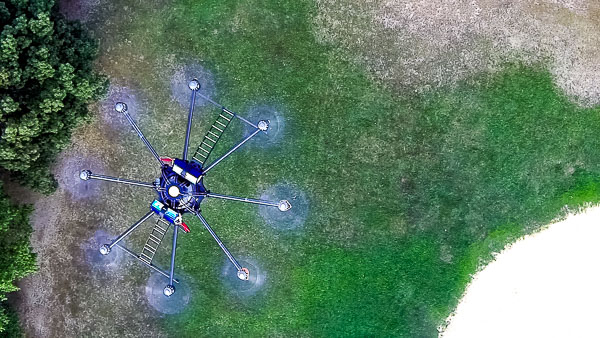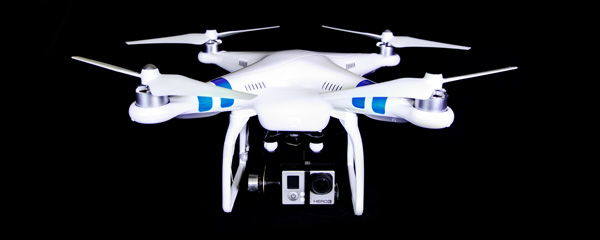
The FAA just released the most relaxed proposal to date regarding the future rules and regulations which will govern the use of civilian Drones for commercial operations. You can read the FAA’s proposed drone regulations here: FAA Drone Rules Proposal
As a commercial pilot and CFII, I’m a little concerned to say the least. I feel I need to address this directly with the FAA, so here’s my quick letter to any FAA employee who may find this post:
———————————–
Dear FAA,
Just to be clear: You are proposing that someone without any actual aeronautical rating will be permitted to fly a drone for COMMERCIAL purposes, with a weight of up to 55 POUNDS, at a TOP SPEED of 100MPH, just so long as they pass a government designed and administered written exam and agree as gentlemen/women to keep that beast below 500ft and clear of airspace. Do you think that safe operations can be assured without further aeronautical training and be monitored effectively via the honor system?
Signed,
Worried Pilot
———————————–
A few things to note if these proposed regulations become real regulations:
- 55LBS will dissipate a large amount of energy when it comes down from 500 feet at 100mph.
- FAA written exams (even for real pilots) aren’t very challenging. A real pilot proves his/herself in the aircraft and by displaying competence in the presence of several other people who possess experience and judgement.
- People without a background in real aviation lack an understanding of and respect for the risks associated with flight. This lack of understanding and knowledge will put lives at risk unnecessarily in the air and on the ground.
- Model aviation has been around for many, many years. Never in the history of model aviation has it been so easy for anyone who feels like it to put a Drone into the air. Like real aviation, flying models used to take time to learn and gain an understanding of. This helped foster competent operators with experience and skill. This is absent when we’re speaking about Drones. People with little to no experience are afforded advanced capabilities that they could never before have had without putting in a lot of time to learn. This is important to consider.
- Every hipster with a few dollars to their name will be out there starting some sort of Drone business. Yes, buying a Drone will instantly turn people into aerial photographers and videographers, news reporters, and emergency response personnel.
- Media companies ranging from television, radio, and blogs will have Drones. I imagine evening news will never be the same. Neither will accident sites. As if reporters weren’t irritating enough already.
Now while I may surely rub some people the wrong way, I do believe I’ve made some objectively valid points in this text which should not be ignored by the public or the FAA.
In it’s initial proposal(s) the FAA was considering the requirement of a Private Pilot’s license for individuals that intend to operate Drones commercially. I think this is a good idea (yeah, yeah – easy for me to say because I have my ratings). Some people voiced their opinion that this was financially restrictive and that many would be barred from entry into the business of flying Drones due to the expense. I do understand that position for sure – it is costly to get your Private Pilots License. However, I think that real aviation learning and experience would be invaluable in adding to the safety of operations conducted by the commercial drone pilots of our present and near future.
Aviation has always had barriers to entry. I think that’s a good thing. Imagine what would happen if they release the flying car and anyone could fly to work. I’d ride a bicycle and look out for falling cars. In the case of flying Drones for commercial purposes, if a full blown license it too expensive and too much work – maybe require applicants to solo at least.
Nothing changes one’s perspective of aviation like being alone in an airplane for the very first time without a flight instructor. His/her voice is still in your head, but the only one up there in god’s great heavens that will get your ass safely on the ground is you.




